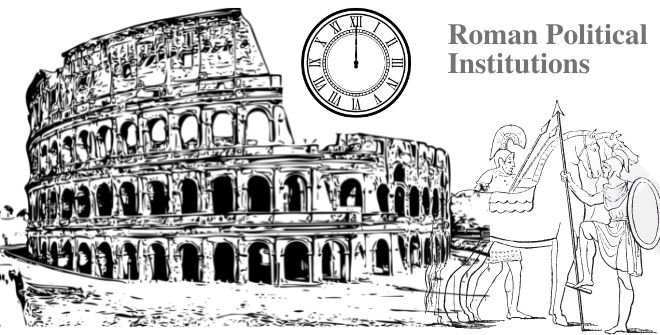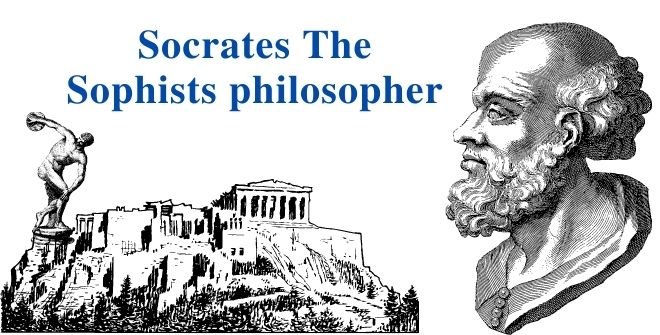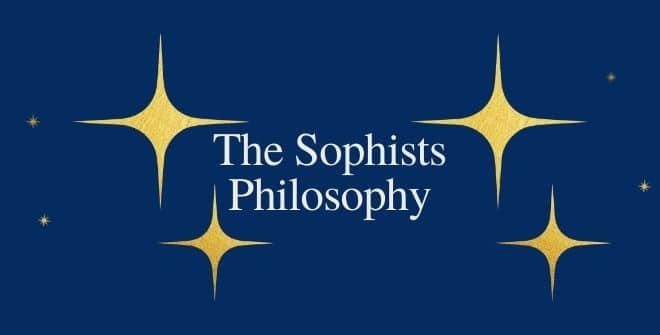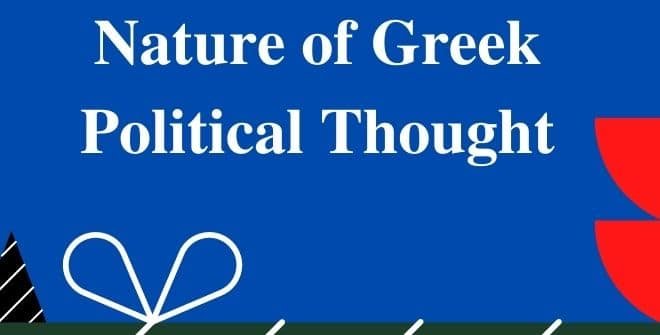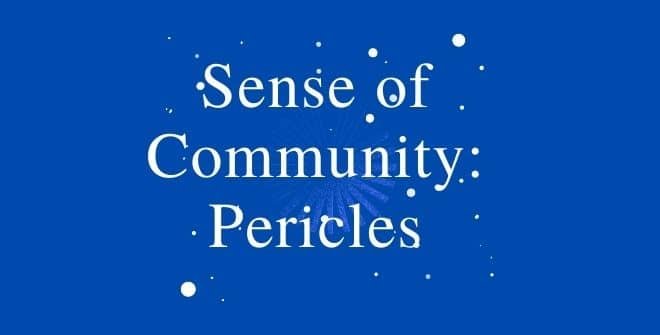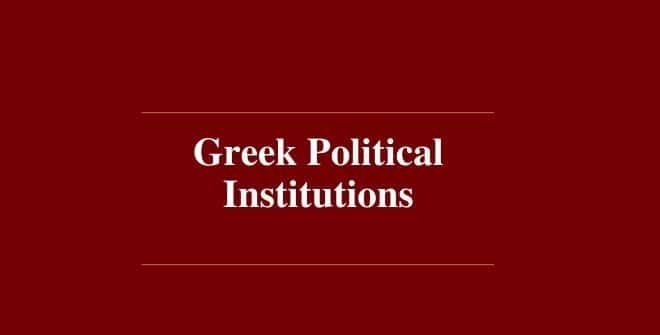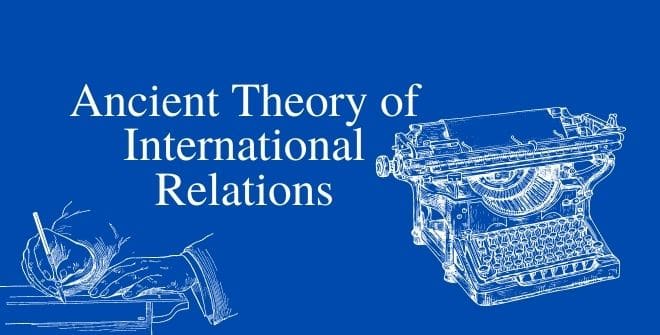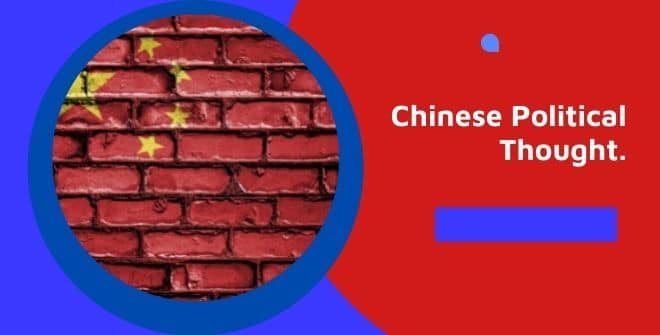Roman Political Institutions
Rome contributed little to the literature of political thought. Roman political institutions and legal system, however, exerted a tremendous influence on political evolution; and for many centuries after her fall the idea of the state was based upon the institutions that Rome had established. Rome first appeared as a city-state, formed by a union of … Read more

